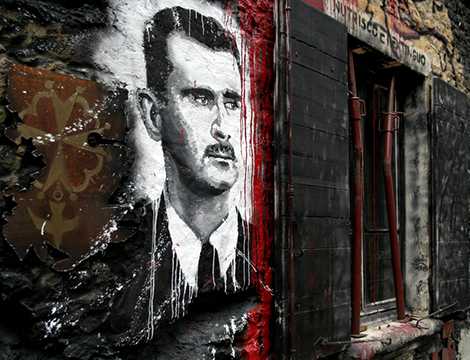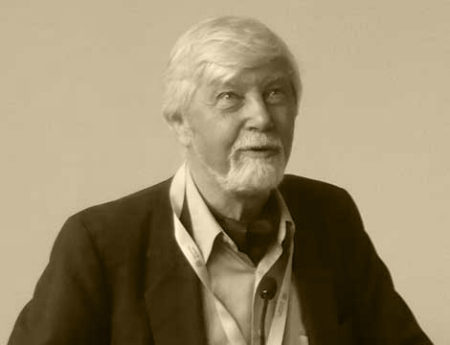
This article was originally published by the Polish Institute of International Affairs (PISM) on 21 October 2016.
The offensive by Bashar al-Assad’s military, supported by Russian troops, on Aleppo—Syria’s largest city—might be successful. This large-scale operation was facilitated by the improved relations between Russia and Turkey and because the United States has only limited military options at its disposal. If Aleppo falls, Assad will have control over territory inhabited by more than 60% of Syrians. The brutality of the Russian attacks in Aleppo may, however, carry a political price in the form of new EU sanctions. The clearly harsher rhetoric of Germany, France and the U.S. toward Russia also shows that these countries will not compromise on Ukraine in return for Russian concessions in Syria.
The Importance of Aleppo
Syrian President Bashar al-Assad has retaken significant territory from the Syrian opposition and the Islamic State (IS/ISIL/ISIS) since October 2015, mainly because of Russian military involvement. His forces have taken the city of Tadmur (Palmyra), Latakia province and parts of Syria’s largest city, Aleppo (which had 2 million inhabitants), along with its outskirts. Now, Assad’s army is besieging the eastern part of Aleppo under rebel control. The rebels number 8,000 strong and are composed of a dozen, mainly Islamist, groups. On 22 September, the Syrian army launched an offensive to retake the whole of Aleppo. The Russian and Syrian bombardment has caused a severe humanitarian crisis: 275,000 civilians, including 100,000 children, have been deprived of nearly all essential needs.




